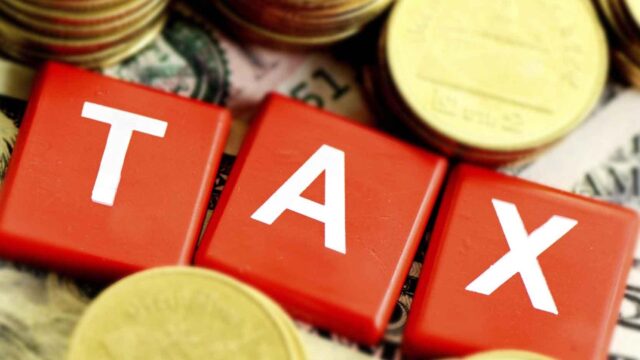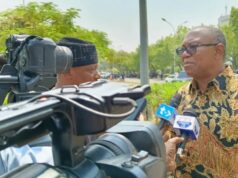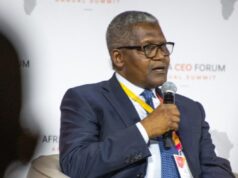About 99 per cent of Nigeria’s wealthiest individuals do not pay tax, while the richest Nigerian could spend N1 million daily for 42 years without exhausting his wealth, exposing the deepening inequality crisis in the country, new reports by Oxfam, a global organization that fights inequality to end poverty and injustice, have revealed.
Despite being the fourth-largest economy in Africa, the document disclosed that the benefits of economic growth have largely been concentrated in the hands of a small elite, leaving millions of Nigerians trapped in poverty.
The two comprehensive studies, titled: “Income and Wealth Inequality in Nigeria: Trends and Drivers” and “Taxing the Rich Fair Tax Monitor,” said that only 40 of the wealthiest Nigerians were found to be compliant taxpayers, citing the Federal Inland Revenue Service (FIRS) and John Bean Technologies Corporation (JBT).
Presenting the reports to journalists in Abuja on Tuesday, Country Director of Oxfam in Nigeria, John Makina, and Executive Director of the Civil Society Legislative Advocacy Centre (CISLAC), Auwal Rafsanjani, said the development represents a compliance rate of just 0.035 per cent, stressing that over 99 per cent of Nigeria’s wealthiest citizens evade or avoid paying taxes.
Emphasizing the need for critical tax reform, Makina described the situation in Nigeria as alarming, noting that while millions struggle to afford their next meal, the super-rich continue to amass riches without paying their fair share of taxes.
According to him, complexities in tax laws, coupled with a lack of transparency, enable this situation, which he said has deprived the country of crucial revenue needed to invest in social protection and initiatives aimed at reducing inequality.
“This is a scenario we can no longer accept if we are genuinely committed to building a more equitable society,” the report said.
The report added: “Nigeria ranks among the countries with the highest levels of income inequality in sub-Saharan Africa, with a small fraction of the population controlling the majority of the nation’s wealth.
“The country’s wealth Gini coefficient, a measure of income inequality, stands at 35.1, placing it 11th out of 16 West African countries and highlighting Nigeria’s severe economic divide.
“The economic situation in Nigeria is critical, with millions struggling to make ends meet as prices rise faster than wages, leaving many hungry and desperate. Over 133 million people—about 7 in 10—are facing hunger, with women and girls disproportionately affected, making up nearly 63 per cent of the hungry population.
“In rural areas, less than 40 per cent of households have access to electricity, severely limiting educational opportunities and access to healthcare. Women and girls bear a heavier burden of poverty, with a 35% literacy rate compared to 59.5% for men, and they have limited access to education and land ownership.”
The report noted that implementing a progressive wealth tax could generate over $7.5 billion annually, stating that the revenue would be sufficient to double the government’s current health budget or reduce household out-of-pocket health expenditures by 40 per cent, significantly easing the financial burden on millions of Nigerians.
The report added: *”To make matters worse, the country is on the verge of bankruptcy, with the poorest states, like Sokoto, suffering an 87 per cent poverty rate, in stark contrast to just 4.5 per cent in Lagos. The growing debt burden means that most of the national budget is spent on paying off loans instead of funding essential public services.”
Lead author of the report, Henry Ushie, Accountable Governance Programme Manager at Oxfam in Nigeria, highlighted the urgency for reform, saying: “The findings of this report are clear: Nigeria’s growing inequality is not just an economic issue but a social crisis that threatens long-term stability. With the wealth gap widening every year, immediate action is needed. Increasing social spending, reforming the tax system, and investing in human capital can help reverse these trends.”
Stressing that it is not acceptable to continue giving wealthy individuals and companies tax breaks, incentives, and waivers, Oxfam called on the government to establish a wealth tax targeting high-net-worth individuals.
It also urged the government to develop a comprehensive wealth registry and stronger tax enforcement to ensure high-net-worth individuals contribute fairly.







